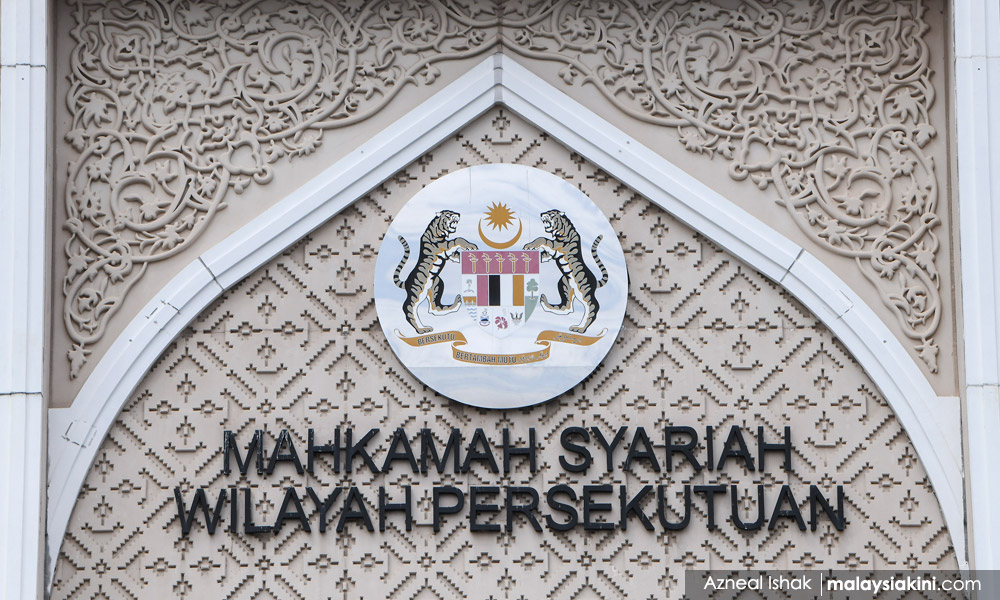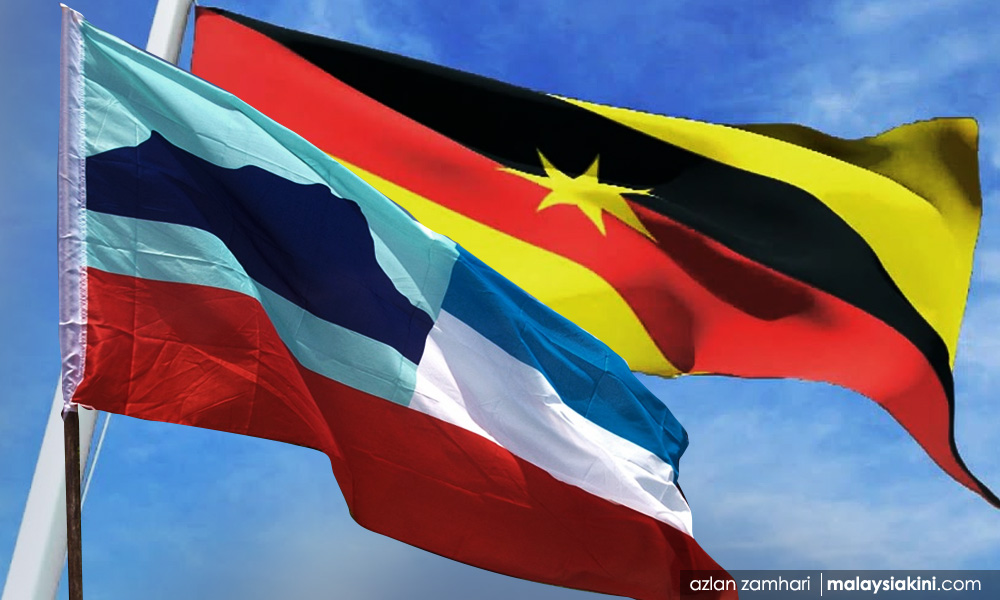LETTER | Imagine a state blessed with abundance yet yearning for justice for its own resources.
Known as Bumi Kenyalang or Land of the Hornbills, Sarawak, for decades, has sought greater autonomy within the Malaysian Federation, especially under the visionary leadership of Abang Johari Openg.
Since taking office in 2017, and particularly after renewing his mandate following the 12th Sarawak election in 2021, the Sarawak premier has brought about significant changes by introducing various new policies and championing Sarawak’s long-denied rights, culminating in the establishment of Petros.
Abang Johari’s vision is clear: to restore Sarawak’s rights as one of the three founding regions of Malaysia, rather than merely one of the 13 states. This idea resonates strongly with the people of Sarawak.
It is worth noting that Abang Johari is not a new political figure. He has been actively involved in Sarawak’s political arena since 1977.
He comes from a family with a long history of serving Sarawak, being that his father was the region’s first chief minister, while his ancestor was the renowned Sarawakian hero, Datu Patinggi Ali.
Given his background and deep understanding of the region’s needs and aspirations, Sarawak’s demands should be viewed from a broader perspective.
Looking back on history, Sarawak’s entry into the Malaysian Federation was contingent upon the preservation of its distinct identity and autonomy.
The 18-point memorandum, presented to the Cobbold Commission on Feb 23 1962, outlined the essential terms for this arrangement.
Thus, with the birth of Malaysia through the Malaysia Agreement 1963 (MA63) on Sept 16, 1963, the demands of the 18-point memorandum were recognised and incorporated into the country’s supreme law, the Federal Constitution.
It is undeniable that Sarawak deserves the opportunity to determine its own direction. Their demands, at the very least, should be considered.
Among Sarawak’s most pressing demands is greater autonomy in education and healthcare.
Public sentiment is that this is only fair, and decentralisation would be more effective than the current status quo, which is hindered by bureaucratic complexities. Moreover, the public recognises that Sarawak’s infrastructure development lags significantly behind peninsular states.
Poor amenities, living in poverty
It is disheartening that there are still areas in Sarawak cut off from basic amenities such as roads, telecommunications, clean water, and electricity.
As of Feb 29, 2024, the Implementation Coordination Unit recorded a staggering 96,481 households in Sarawak living in absolute or moderate poverty, making it the state with the highest poverty rate in Malaysia.
This is deeply concerning and does not reflect Sarawak’s significant contributions to Malaysia’s revenue and tax collection through the extraction of natural resources such as petroleum, natural gas, timber, and coal.
The Department of Statistics Malaysia (DOSM) reported in 2023 that Sarawak’s GDP per capita was the fourth highest in Malaysia at RM72,411, exceeding the national GDP per capita (RM54,612) and that of Selangor (RM62,492).
This data indicates an imbalance in Sarawak’s development that justifies their demands. Therefore, the slogan ‘Sarawak First’ is not merely political rhetoric to gain support.
The perception among a segment of Malaysian society is that Sarawak indeed deserves better treatment.
The Petros conundrum
However, different sentiments emerged when Abang Johari announced that Petroleum Sarawak Berhad (Petros) would fully take over natural gas distribution in Sarawak from Petronas starting from July 2024, which was later extended to October.
According to him, under the Distribution of Gas Ordinance, Petros is rightfully entitled to distribute natural gas in Sarawak.
This also involves Petros’ prerogative right to select its own partners for natural gas exploration in Sarawak without the need for Petronas’ approval.
This announcement has sparked mixed reactions. Many economists believe this decision will have ripple effects not only on Petronas but also on Malaysia’s economic sustainability.
If Petronas no longer acts as the sole aggregator in the buying and selling of natural gas in Sarawak, this will certainly reduce Petronas’ revenue as Sarawak’s natural gas supply is the main source of Petronas’ gas revenue.
Any changes to Petronas’ revenue will undoubtedly hinder its growth as a company and may also have spillover effects on the federal government’s planning.
Records show that Petronas has committed to paying dividends of RM32 billion to the government for 2024.
This commitment is a continuation of the close relationship between the government and Petronas, where dividend payments have been a long-standing practice with Petronas being the largest contributor of dividends among government-linked companies and statutory bodies.
Is the federal government’s expenditure still sustainable if these dividends are affected?
From the perspective of some peninsular Malaysians, Sarawak’s demands are perceived as a threat and have raised concerns about the creation of a ‘state within a state’.
However, Abang Johari has attempted to alleviate these concerns by comparing Sarawak’s aspirations to the role of Bavaria within Germany.
In the context of Bavaria, their aspirations have been given space to grow without compromising the overall unity of the nation.
Meanwhile, Sarawak’s demands are simply to ensure that the equitable distribution of oil and gas revenue for the region is realised.
This is by no means intended to create tension between Peninsular Malaysia and Sarawak or to attempt to establish a ‘state within a state’.
Abang Johari is optimistic that this takeover will provide significant benefits to Sarawak’s economy and to Malaysia indirectly.
With the ability to manage its own natural resources, Sarawak is expected to increase revenue, create jobs for its people, and accelerate infrastructure development, as well as attract more foreign investment to the local energy sector.
These demands are also in line with the post-Covid-19 Development Strategy (PCDS) 2030, where the state government aims to achieve a GDP of RM282 billion by 2030.
Gazing into the future of Sarawak and Malaysia
Sarawak’s pursuit of autonomy, while rooted in its unique identity, has always been grounded in the belief that it is an integral part of Malaysia.
As the region’s song famously proclaims, ‘Sarawak dalam Malaysia’, Sarawak’s progress is intertwined with the nation’s overall development.
While its pursuit surely presents both challenges and opportunities for Malaysia, the success of this move hinges on all parties prioritising the nation’s long-term interests.
As Sarawak develops, it’s crucial to remember the importance of unity in diversity. By fostering cooperation, Malaysia can create a more equitable society.
It is hoped that this will not only achieve the desired prosperity but also improve development balance and reduce the economic gap in the Land of the Hornbills, as political and economic stability in Sarawak will be key to Malaysia’s well-being.
The views expressed here are those of the author/contributor and do not necessarily represent the views of Malaysiakini.








 English (US) ·
English (US) ·